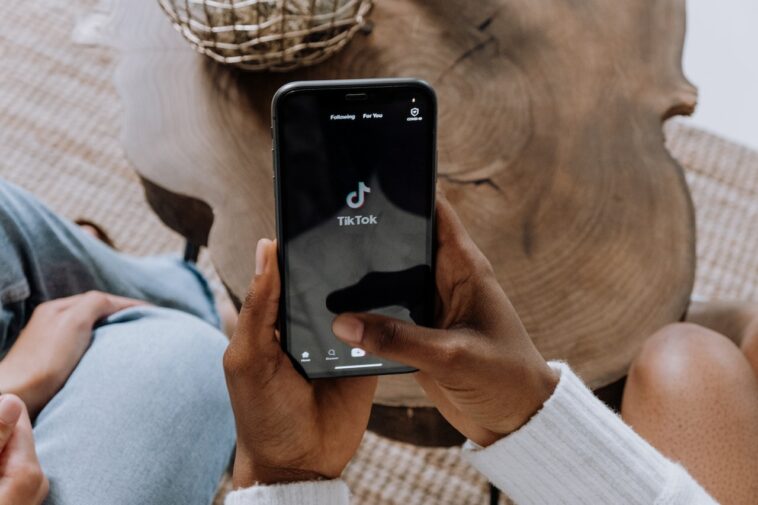In recent court filings, a trade group that represents tech giants like Apple and Google claims that Montana’s TikTok ban violates the First Amendment rights of app stores.
“In deciding which apps to allow and how to present them to users, app stores function like publishers and distributors of third-party speech,” In a legal document filed as a friend-of-the-court brief on Thursday, the Computer & Communications Industry Association addresses U.S. District Court Judge Donald Molloy in Missoula. “The First Amendment protects the rights of publishers and distributors to make these ‘editorial’ choices.”
The Computer & Communications Industry Association wants Judge Molloy to stop the new law from happening.
The law, passed this year, says app stores can not give TikTok to people in Montana and people can’t use the app in the state, except for some cases like law enforcement. People using the app will not get in trouble, but TikTok and app stores could get fined, starting at $10,000 for each problem. If the judge does not stop it, the law will start on January 1, 2024.
TikTok, which is owned by a Chinese company, and some users are asking a judge to not let the state use this law. They say it goes against the First Amendment. Some groups that aren’t part of the case, like the Reporters Committee for Freedom of the Press and the Chamber of Progress, are also supporting their request.
The Computer & Communications Industry Association is focusing on how this law might hurt the First Amendment rights of app stores.
“App stores provide an outlet for third-party speech and thus have constitutional rights independent of the third parties whose speech they disseminate,” stated by the group. “The editorial discretion exercised by app stores is no less a protected communicative act than are print publications and broadcasts that present speech.”
Montana lawmakers made the bill because they worry that TikTok’s company in China, called ByteDance, shares info about people in the U.S. with China. Some other states stopped the app from being used on government devices or public WiFi, but didn’t tell people they can’t use it.
Montana’s leaders also said TikTok doesn’t do a good job of taking away “dangerous content” that might make young users do risky things.
The Computer & Communications Industry Association says those worries don’t mean the app should be stopped. And even if they did, there’s still no reason to make app stores get punished too.
“Even if Montana’s interests are found ‘compelling,’ the law is not narrowly tailored in imposing punitive sanctions on app stores; Montana could adequately serve its interests by enforcing its ban on TikTok operating in the state,” the organization argues.
Americans worrying about their info being shared with China through TikTok is not new. A year ago, a FCC commissioner asked Apple and Google to remove TikTok due its ‘’pattern of surreptitious data practices.’’ In addition, about two years ago, a poll showed 48% of Americans worried that TikTok would give their personal data to the Chinese government if requested.







Comments
Loading…